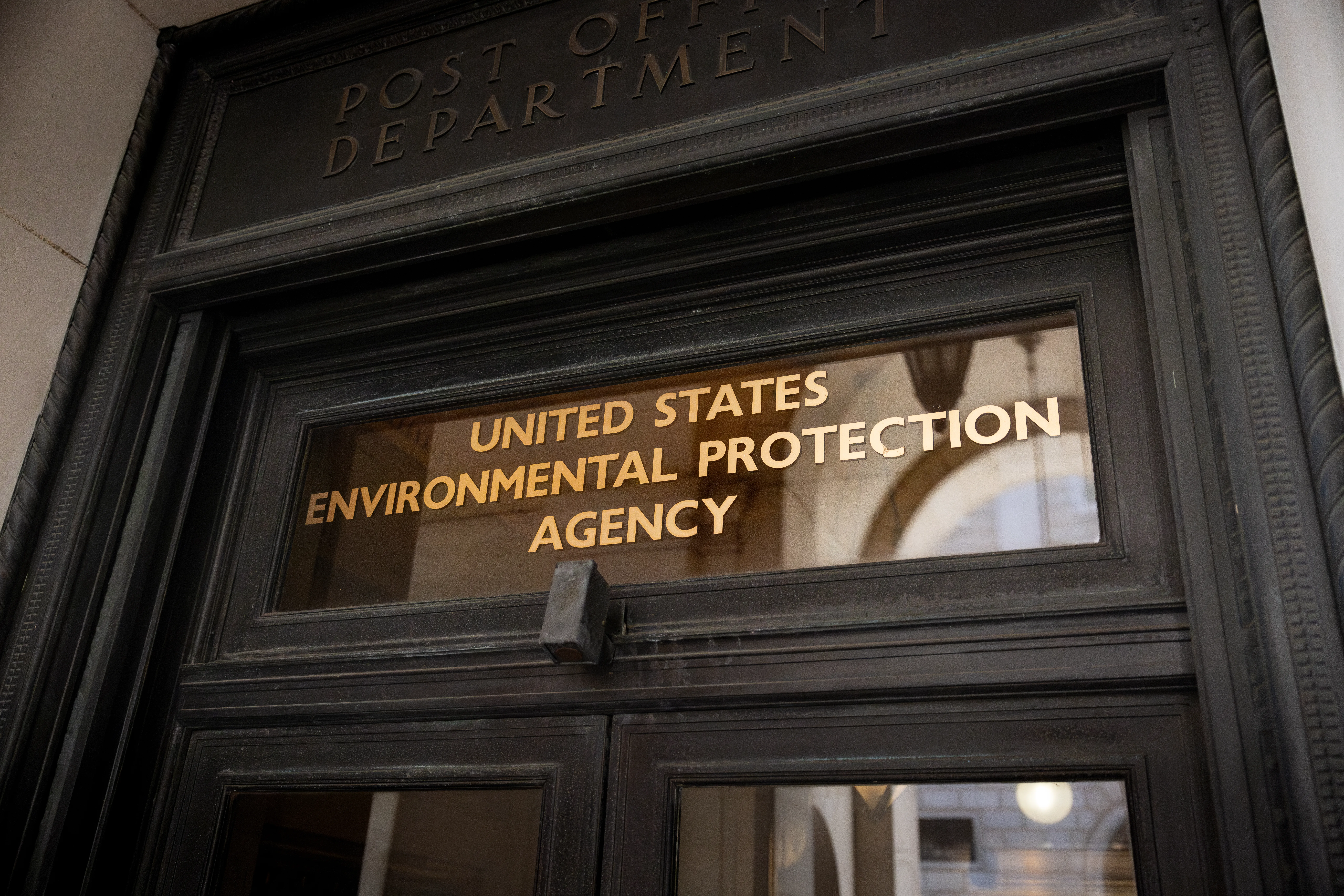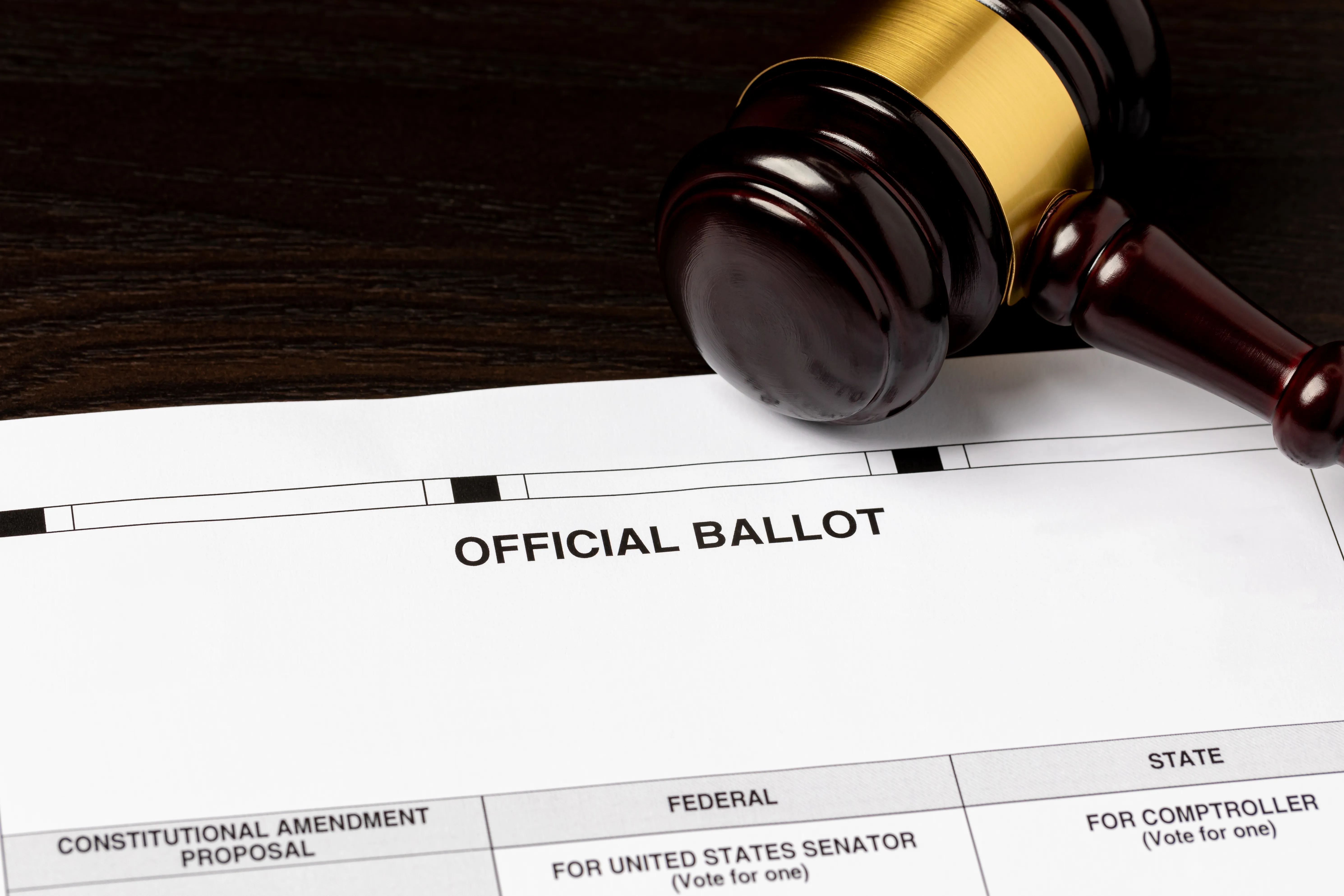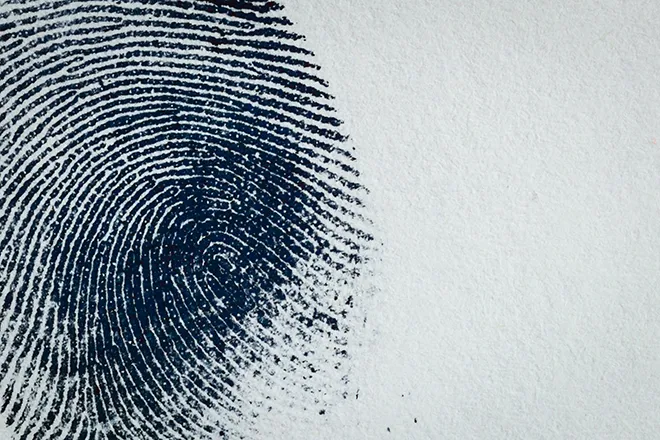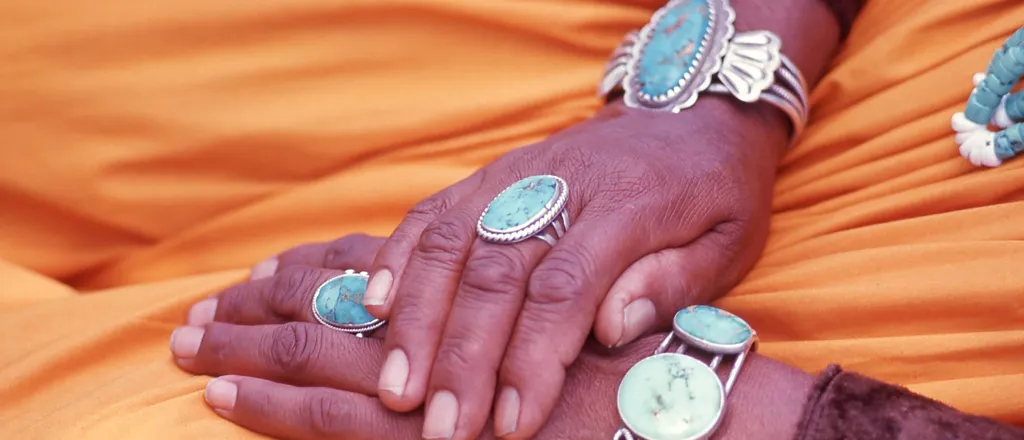
Expert: Arizona Native voters face challenges, lack trust in elected officials
© Rebecca J Becker - iStock-1251580456
(Arizona News Connection) Native voting-rights advocates contend two Arizona laws have made it more difficult for Native American voters to be civically engaged, despite already existing structural barriers.
Patty Ferguson-Bohnee, director of the Indian Legal Clinic at Arizona State University, said House Bill 2492and House Bill 2243 will unfairly impact native voters.
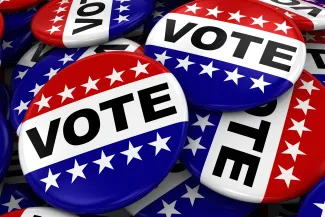
© iStock
House Bill 2492 said voters must present evidence of a physical mailing address, which Ferguson-Bohnee pointed out will present problems for many native people who simply do not have one. House Bill 2243 requires county recorders to terminate a voter's registration if they suspect someone is not a U.S. citizen. The pieces of legislation are being challenged in court but Ferguson-Bohnee argued education and outreach are also key.
"Trying to translate to tribal people in their own terms, in their own communities, why it's important to participate in voting can already be a challenge when you're dealing with a legal infrastructure that has tried to deny your existence," Ferguson-Bohnee asserted.
Just last month the U.S. House of Representatives released a report examining barriers and providing policy solutions, including the Native American Voting Rights Act, which would establish "consistent standards" for voting throughout Indian Country.
Ferguson-Bohnee encouraged all voters to participate in elections. For native people experiencing difficulties registering to vote or having problems on Election Day, she urged them to call the Election Protection Hotlineat 866-687-8683.
Ferguson-Bohnee emphasized when it comes to Native American voting, there have been steps forward and then backward. Despite President Joe Biden having selected Deb Haaland to serve as the U.S. Secretary of the Interior, many still feel voiceless and lack confidence in Washington D.C. leaders.
"There is some feeling within Indian Country and among some Native people is, 'Why should I be participating in this process?'" Ferguson-Bohnee observed. "But when you recognize that people who are elected actually have touch pointed in your everyday life, even if you're in a remote location, because of this federal trust relationship."
Ferguson-Bohnee added realities on reservations are often very different from off the reservation and contended it should be taken into account by elected officials when creating policy affecting the entire state of Arizona.


